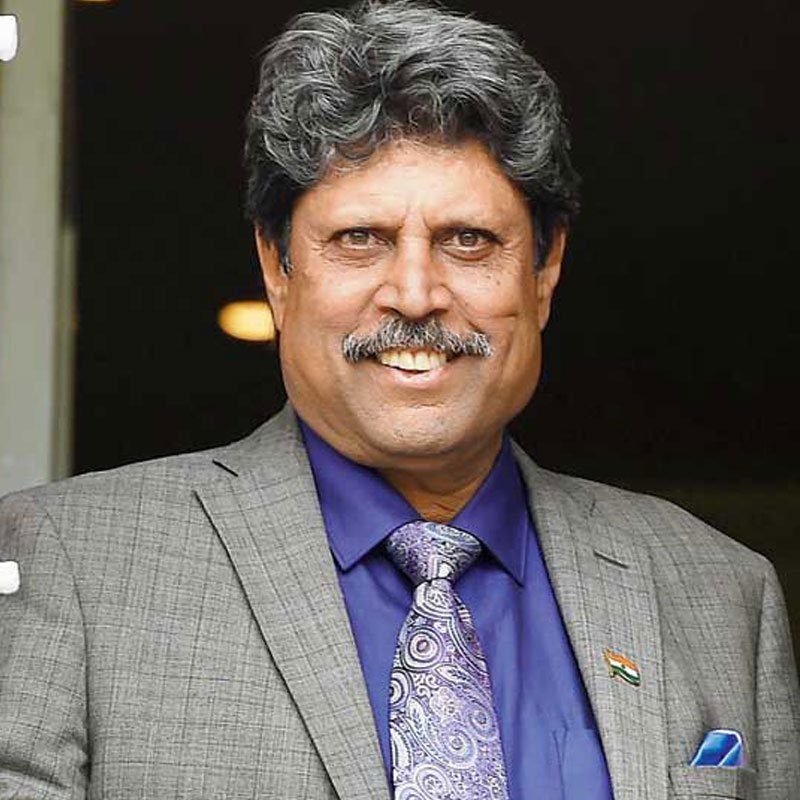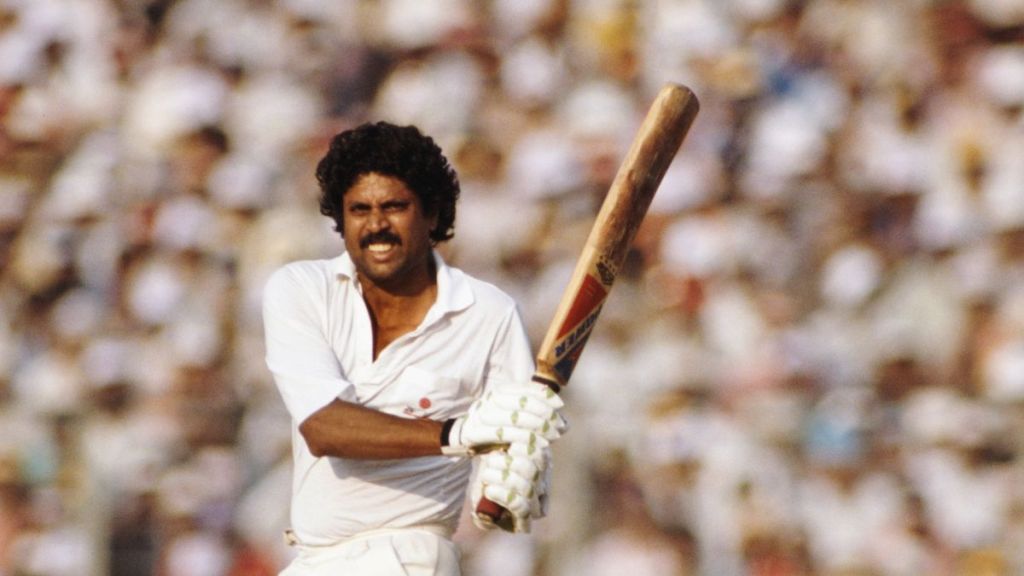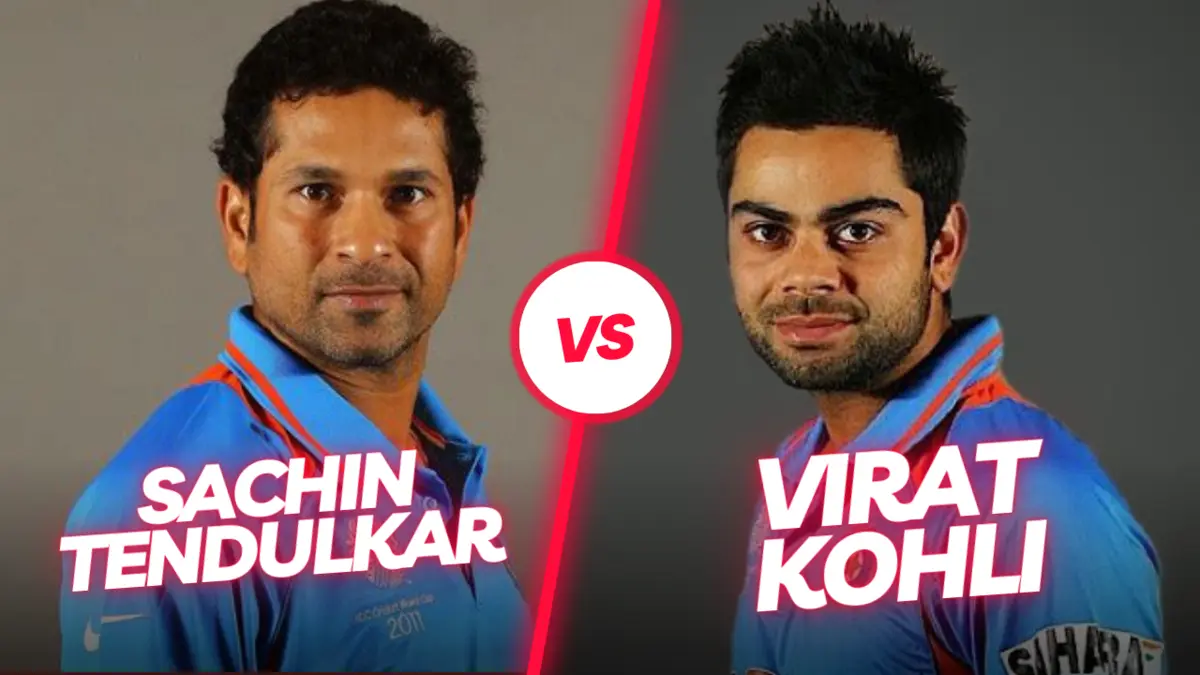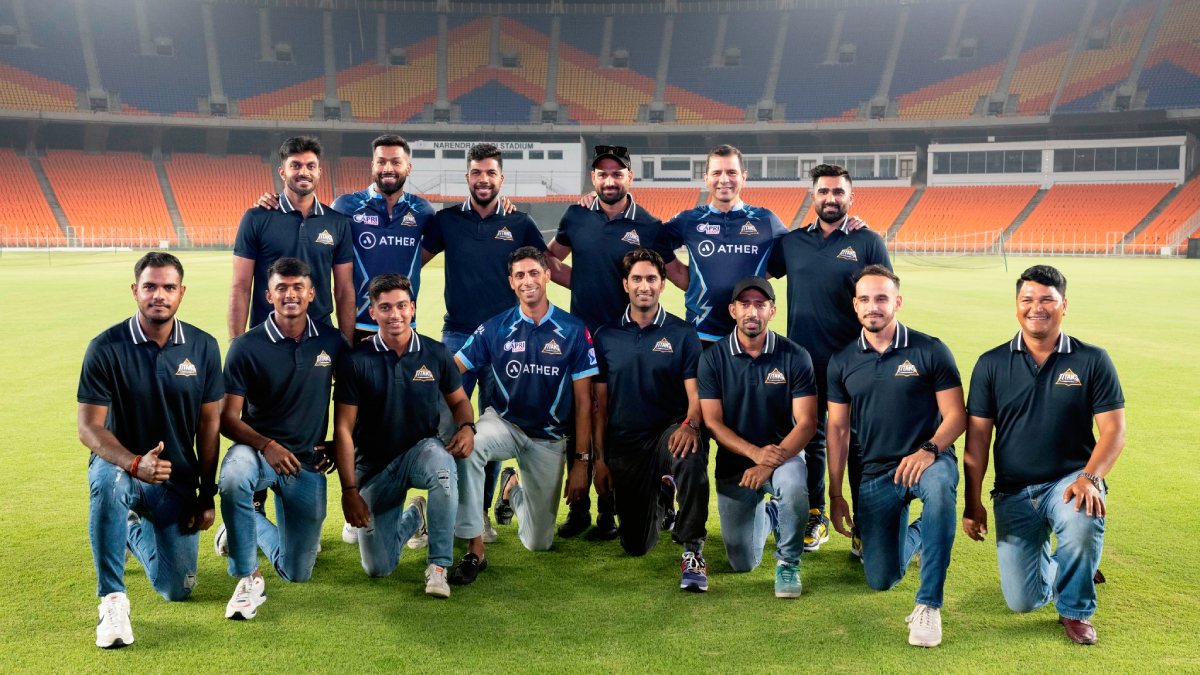Kapil Dev, a legend of Indian cricket, is celebrated for his all-round excellence and significant contributions to the sport. Born on January 6, 1959, in Chandigarh, India, his journey from humble beginnings to becoming one of cricket’s greatest all-rounders is a story of relentless determination and skill.
Article Highlights
Hide- Kapil Dev was born in Chandigarh, India on January 6, 1959, and emerged from a nation fervent with cricketing passion.
- He debuted for the Indian cricket team in 1978 and quickly established himself as a promising all-rounder.
- Kapil Dev captained the Indian cricket team to its maiden World Cup victory in 1983, with his iconic 175 not out against Zimbabwe being one of the greatest World Cup innings ever played.
- His exceptional skill set and competitive spirit set a new paradigm for all-rounders and his impact transcended the boundary ropes, reshaping the psyche of Indian cricket and inspiring generations of cricketers.
His impressive career stats include over 5,000 runs and 400 wickets in Test cricket, placing him among the sport’s elite. However, these numbers only partly capture his impact, which was as much about inspiring his teammates as it was about his performances. Key to his legacy was leading India to its first World Cup win in 1983, a pivotal moment that transformed Indian cricket.
Early Life and Background
Kapil Dev Ramlal Nikhanj, born on January 6, 1959, in Chandigarh, India, emerged from a nation fervent with cricketing passion, yet yearning for a genuine all-rounder to grace its pitches.
His early life set the foundations for an illustrious career that would later fulfill that longing. Hailing from a family with no notable link to professional sports, Kapil Dev’s cricketing journey is a testament to his innate talent and determination. His formative years were spent honing his skills in local cricket circuits, where his potential quickly became apparent.
Allan Donald
Allan Donald, known for his fearsome fast bowling and precision, is a legendary figure in cricket. ... Read More
Analyzing his background, it is evident that the socio-economic conditions of post-independence India played a pivotal role in shaping his character.
The modest milieu of his upbringing instilled in him a strong work ethic and the hunger to excel against all odds. His early exposure to cricket was through school and local clubs, which were the nurseries of talent during that era.
The analytical observation of his performances at this stage revealed a raw, yet profoundly gifted individual capable of both, decimating batting line-ups with his pace bowling and changing the complexion of a match with his aggressive batting.
Kapil Dev: Rise to Prominence
Building upon the foundation of his early experiences, the ascent of Kapil Dev in the cricketing world was marked by a series of stellar performances that quickly caught the attention of national selectors.
His debut for the Indian cricket team in 1978 against Pakistan established him as a promising all-rounder, capable of influencing the game with both bat and ball. It was his penetrative bowling and aggressive batting that started to shape his identity on the international stage.
Analytically assessing Kapil Dev’s rise, it is imperative to consider his all-round capabilities, which were a rarity in Indian cricket at that time.
He brought to the team a balance that was previously missing, contributing significantly across formats. His stats began to reflect a consistency that warranted his swift elevation in the team hierarchy.
By 1980, Kapil had become a mainstay in the Indian squad, delivering performances that would often single-handedly change the course of matches.
The detailed examination of his early international outings reveals a cricketer who was rapidly maturing and was unfazed by the pressures of international cricket.
Objectively, Kapil Dev’s prominence was not just due to his natural talent, but also his work ethic and dedication to improvement, traits that resonated with a nation that desired sporting heroes who symbolized freedom from the shadows of mediocrity.
Career Highlights
Amidst an illustrious career spanning over a decade, one of the most towering achievements of Kapil Dev was captaining the Indian cricket team to its maiden World Cup victory in 1983.
This seminal moment in Indian cricket history not only elevated Kapil’s legacy but also altered the trajectory of the sport within the nation, fostering a newfound belief in the ability to compete at the highest level internationally.
Kapil’s individual brilliance shone throughout the tournament, exemplified by his remarkable 175 not out against Zimbabwe in a crucial match that many view as one of the greatest World Cup innings ever played. His ability to inspire teammates was equally significant, as he led from the front with both bat and ball.
Beyond the World Cup, Kapil’s career was studded with numerous milestones. He became the youngest cricketer to reach 200 Test wickets, a record at the time, and ended his career with 434 wickets in Tests—a world record that stood until it was surpassed by Courtney Walsh in 2000.
Additionally, his all-around performance was consistently stellar, amassing over 5,000 runs in Test cricket, showcasing his versatility and endurance as a cricketer.
These achievements reflect a career that was not only successful but transformative for Indian cricket.
Signature Performances
Throughout his distinguished career, Kapil Dev delivered several iconic performances that not only defined his prowess as an all-rounder but also left an indelible mark on the annals of cricket history.
Perhaps the most memorable is his extraordinary 175 not out against Zimbabwe in the 1983 World Cup. Faced with a precariously dismal situation of 17/5, Kapil’s explosive innings not only salvaged the match but also revitalized India’s campaign, eventually leading to their triumph in the tournament.
Another standout moment came when Kapil took his 400th Test wicket, becoming the first player to achieve the dual milestone of 4000 Test runs and 400 Test wickets. This achievement underscored his versatility and longevity in the international cricket arena.
Analyzing his performances, it is evident that Kapil’s aggressive batting and dynamic bowling were pivotal in numerous Indian victories.
His ability to swing the ball and generate pace made him a formidable opponent in any conditions. His signature outswinger, delivered with a distinctive action, was a potent weapon.
In addition, his fearless approach to batting often turned the tide of matches, epitomizing the spirit of the game and inspiring a generation of cricketers.
Kapil Dev: Legacy and Impact
Kapil Dev’s enduring legacy in cricket is marked by his profound impact on the sport, both within India and internationally, as he set a new paradigm for all-rounders with his exceptional skill set and competitive spirit.
His multifaceted talent galvanized a generation, inspiring cricketers to aspire toward excellence in both batting and bowling disciplines.
As India’s first World Cup-winning captain in 1983, Dev’s leadership not only elevated the Indian team’s standing but also instilled a belief in the nation’s ability to compete at the highest level.
Analytically examining his legacy, Kapil Dev’s career statistics offer a mere quantitative glimpse into his influence. Beyond numbers, his aggressive approach and resilience under pressure reshaped the psyche of Indian cricket, infusing a newfound aggression and self-belief.
His impact transcended the boundary ropes, contributing to a cultural shift within a sport that was, until his emergence, often dominated by technically sound but less dynamically versatile players.
Objectively, Kapil Dev’s name became synonymous with cricketing excellence and his legacy endures through the many all-rounders who cite him as a role model.
His career and its aftermath are a testament to the enduring nature of a sporting icon whose influence reshaped the contours of the game.
Final Take
Kapil Dev remains an iconic figure in cricket, renowned for his significant contributions to the sport. His all-round capabilities revolutionized India’s approach to cricket, inspiring a generation to pursue seam bowling and hard-hitting batting.
His captaincy during the 1983 World Cup triumph serves as a testament to his leadership and strategic acumen. Dev’s enduring legacy is evident in the sustained prominence of all-rounders in Indian cricket and the global recognition of India as a formidable cricketing nation.

















